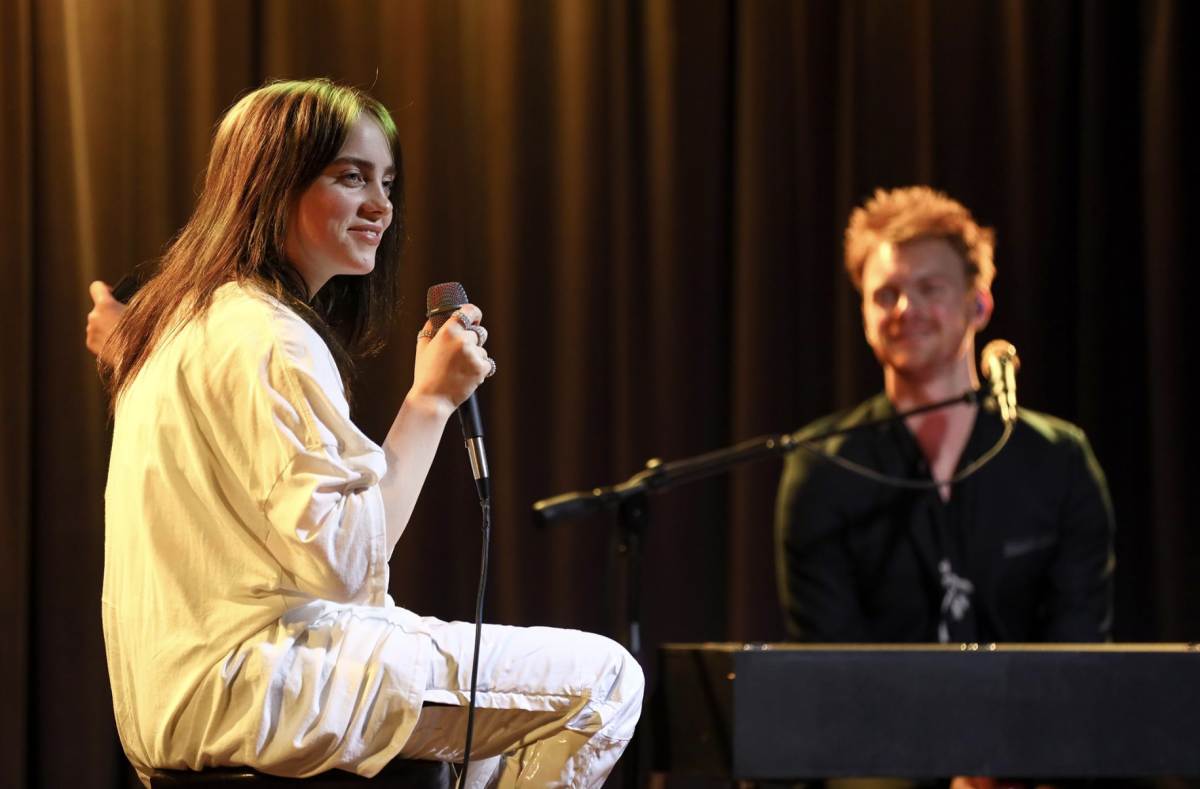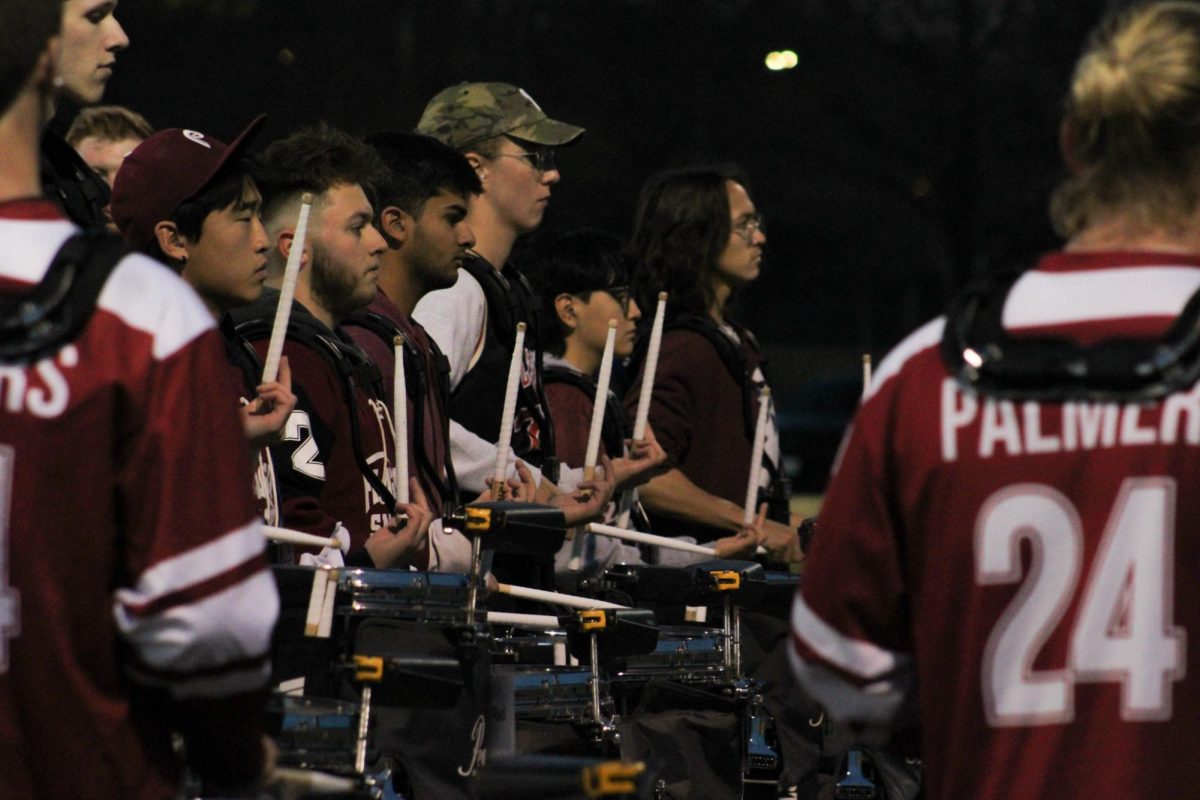Andrew Sweet, 24, spent his last eight months out of work a little differently. He was making trap music.
“It was awesome because I got to work on music all day…really learn a lot and do all the things I wished I could do when I was working,” he said.
Under the stage name Micetro, the University of Massachusetts graduate has performed around Boston at popular nightclubs such as Prime, Rise and the Middle East. In June, he was one of more than 100 artists to perform at the Camp Coldbrook Music and Arts Festival in Barre.

Recently, his newest song, “ACTION” was No. 1 on trapmusic.net, a site that aims to feature “the best producers and DJs in the world,” according to its blog.
Sweet thinks that the song’s popularity – over 30,000 plays on soundcloud.com – is due to its unique style and slower tempo.
“It’s around 94 (beats per minute) as opposed to the usual 140 BPM which is kind of the ‘normal’ trap tempo,” he said.
Today’s trap music falls under the ever-growing umbrella of electronic dance music, and is characterized by ominous 808 bass, rattling high hats and synthesizers. As trap’s visibility rises with songs like “Harlem Shake” and DJs like Flosstradamus, Sweet believes that the genre has morphed.
“What people call trap music isn’t actually trap music,” he said. “Because (the original) trap music is more like, down south kind of drug-dealer music.” The “trap” refers to the location or occurrence of a drug deal, and trap music stems from southern hip-hop artists like Three 6 Mafia.
In Sweet’s trap, which is of the party-starting electro-dance flavor, he likes to incorporate panning – movement of sound between speakers – and “wood-blocky” textures that bounce back and forth.
“It just gives it more of an ear-candy effect, especially if you listen to it on headphones,” he said.
For equipment, Sweet uses an Akai MTK 49 Keyboard, his MacBook Pro laptop, Reason 7 software and occasionally Logic Pro.
Originally a hip-hop fan, Sweet started producing beats for his rapper friends as a freshman at Franklin Pierce University. When he transferred to UMass his sophomore year, he stopped producing, but met a lot of people in the EDM scene. All his friends became DJs.
“UMass had a huge effect on the music I listened to, you know, more than anything,” he said. “Because that’s really what spurred my interest in it.”
After graduation, Sweet stayed in touch with many Boston-based UMass friends who helped him book shows.
“I feel like the connections you make at UMass are very strong,” he said. “Transferring to UMass was honestly the best decision I’ve ever made.”
Sweet believes that UMass helped him find a day job.
Although he still had three credits left when he walked at graduation in 2011, he had found a full-time job as a health insurance auditor and decided to strike while the iron was hot. Sweet didn’t end up graduating until this year, receiving a degree in communications.
At the end of July, he found another job as a health insurance auditor with a company called HMS Holdings. Now as his music is gaining recognition, Sweet must also juggle a full-time job, leaving him a lot less time for music. What was once three hours a day has dwindled to about an hour, if he’s not too tired. He has dreams of becoming a full-time DJ and touring places like Florida and California, where trap is more popular. But for now, he appreciates the security of a day job and strives to do his best in both aspects of his life.
“It’s important for me to be successful at whatever I do, whether it’s work or music,” he said.
To hear Sweet’s music, go to www.soundcloud.com/micetro.
Mary Reines can be reached at [email protected].












